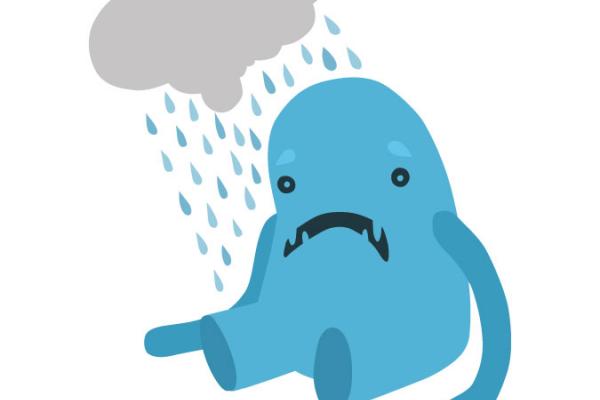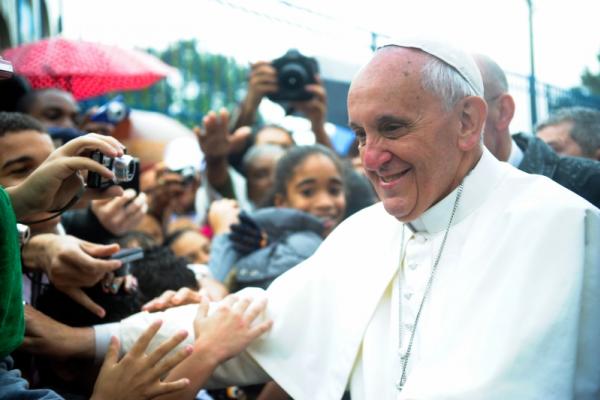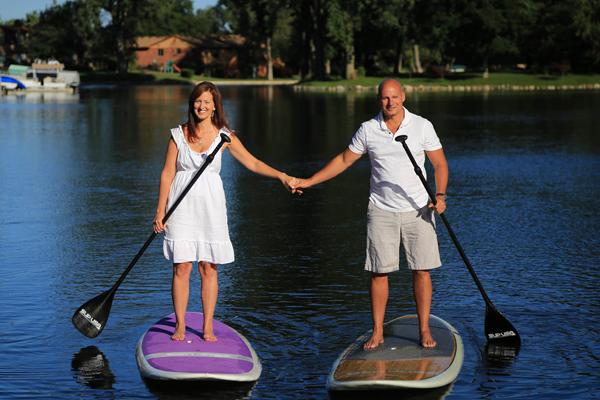On May 23, President Obama gave a major address from the National Defense University, in which he personally acknowledged for the first time the U.S. government’s killing of four Americans — along with scores of others — under its program of assassination by remotely controlled drones. I was able to watch this televised speech from the privileged vantage of a federal prison on the last day of a sentence resulting from my protest of drones operated from Whiteman Air Force Base in Missouri.
Over the previous six months in the Federal Prison Camp at Yankton, S.D., I had watched from afar as the discussion on drone warfare emerged from the fringe and into the mainstream. Fellow prisoners brought me clippings on the subject from their local newspapers and kept me apprised of what they heard on the evening news. The American people seemed to be just awakening to the reality and consequences of wars being fought and assassinations carried out by unmanned but heavily armed planes controlled by combatants sitting at computer screens at stateside bases far from the conflict.
It’s not every day you meet a practicing priest in the Catholic Church who is married, so when I got in touch with Fr. Dwight Longenecker (a man who meets the above criteria), I took the opportunity to get his take on sex, marriage, celibacy, and how the Church can, should, and already is dealing with sex differently, both within clergy circles and beyond them.
Dwight Longenecker was brought up in an evangelical home and graduated from the stridently anti-Catholic Bob Jones University in Greenville, S.C. While there he became an Anglican and went on to study theology at Oxford University. He married Alison and they have four children. After 10 years as a minister in the Church of England Dwight and his family converted to the Catholic faith. Showing that God has a sense of humor, Dwight returned to Greenville to be ordained as a Catholic priest. He now serves as a parish priest in Greenville.
You are both married and a Catholic Priest. How did that happen?
After hardline Islamists voiced opposition to the Miss World contest now being staged in Muslim-majority Indonesia, a rival World Muslimah beauty contest exclusively for Muslim women will announce its winner on Wednesday in the capital of Jakarta, though the U.S. candidate suddenly dropped out.
“Muslimah World is a beauty pageant, but the requirements are very different from Miss World,” the pageant’s founder Eka Shanti told Agence France-Presse.
“You have to be pious, be a positive role model and show how you balance a life of spirituality in today’s modernized world,” she said.
Alexander was having a terrible, horrible, no good, very bad day.
It's a children's story. I know. A no good, very bad day ... how do you prepare your kids for that kind of day where nothing seems to go right, where at every turn knobs break and we step in puddles and get gum stuck in our hair?
Maybe, we tell ourselves, that we can move to Australia and everything will be better.
Well, no. Terrible, horrible, no good, very bad days happen there, too. They happen everywhere. Everywhere. It's a great book.
So what do we do about them? The classic children's book doesn't answer the question for us. Not really. It's just a little bit of truth telling with fun illustrations. Some days are just terrible, horrible, no good, very bad days.
But as we grow older, we learn that though these days do simply happen, that there are attitudes one can have, there are approaches to these days one can take.
Wading into ongoing debates over religion and politics, Pope Francis on Sunday gently chided Christians to pray for politicians, saying “a Christian who does not pray for his leaders is not a good Christian.”
The pope’s remarks during a two-hour closed-door meeting of Roman clergy did not touch on more controversial issues like the separation between church and state, abortion, or refusing Communion to Catholic politicians who are not in sync with church teachings.
Instead, Francis quoted St. Paul, who urged prayer “for kings and all who are in high positions, that we may lead a peaceful and quiet life.”
When I see him smiling on TV or on the cover of a magazine in the checkout line at the grocery store, I get the warm fuzzies.
I follow him religiously on Twitter and have a Google news alert set up so I don’t miss a morsel of his latest awesomeness.
The photo meme of him smiling gape-mouthed at a little girl accompanied by the words, “You love Jesus too?!” is my screensaver, and I wear a pendant with a tiny image of him on one side and of St. Francis on the other.
The invitations are in the mail. Jennifer Beltz and T.J. Gurski of Commerce Township, Mich., are defying the odds — they’re taking the plunge a second time.
“When I got divorced, I said, ‘I’m never getting married again,” says Beltz, 41, who works in marketing.
That sentiment seems to be quite common among those jaded by a failed first union: A new analysis of federal data provided exclusively to USA TODAY shows the USA’s remarriage rate has dropped 40 percent over the past 20 years.






